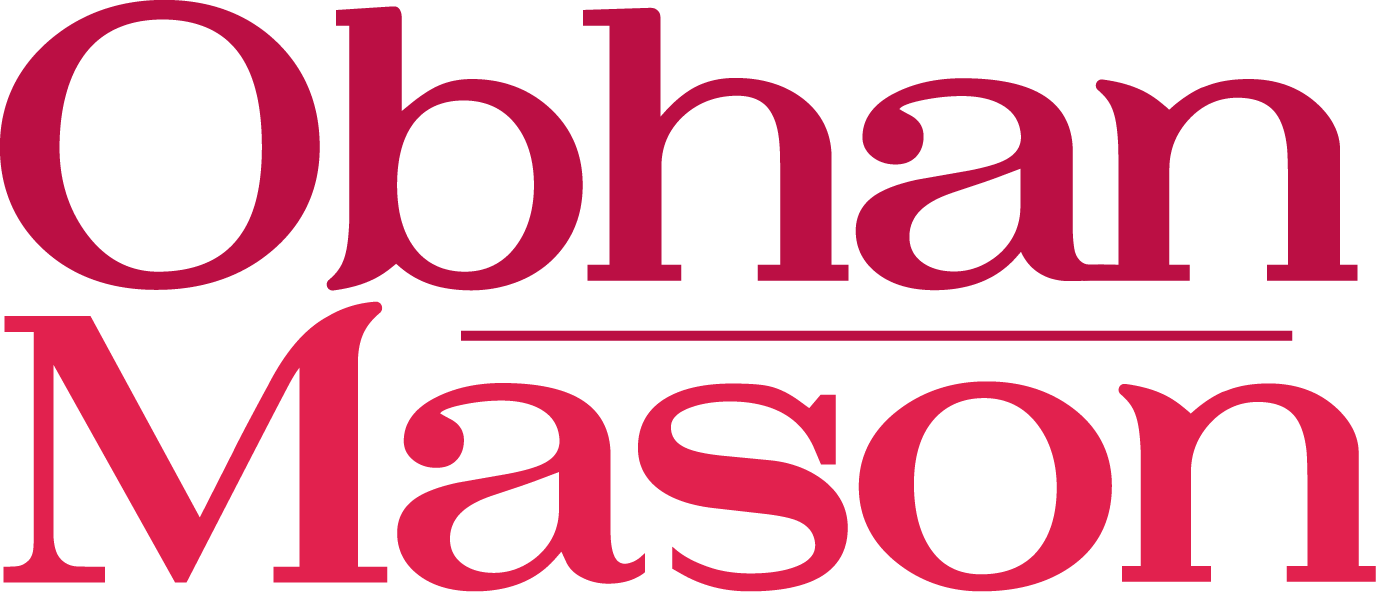Tag: Pharmaceuticals
October 14, 2019
Intellectual Property | Patent
Intellectual Property | Patent
Bolar provision remains standing after Bayer challenge
The Delhi High Court recently adjudicated on the issue of whether generic companies can export patented products for experimental purpose, in an expansive interpretation of Section 107A of the Indian Patents Act, 1970 (the ‘Act’). Section 107A, which relates to what is referred to as ‘the Bolar Provision’, was introduced via the Patents Act (Second Amendment) Bill, 1999. The provision sought to ensure the prompt availability of patented products, particularly generic drugs, immediately after the expiry of the patent term....
September 13, 2019
Intellectual Property | Patent
Intellectual Property | Patent
Delhi High Court stops AstraZeneca’s attempts at evergr...
In a major decision that is likely to impact evergreening of pharmaceutical patents in India, the Delhi High Court vacated interim injunctions granted to AstraZeneca, a big pharma multinational, against three generics manufacturers, Micro Labs, Natco Pharma, and Dr. Reddy’s Laboratories. The case involved allegations of infringement of AstraZeneca’s three patents, for offering a generic version of AstraZeneca’s drug-TICAGRELOR for sale under the brand name BRILINTA....
August 23, 2019
Intellectual Property | Patent | Pharmaceuticals
Intellectual Property | Patent | Pharmaceuticals
Emerging Role of Differentiated Products in Pharmaceuti...
Pharmaceutical industry is one of the most intensively regulated sectors and as a result of these challenges, returns on R&D investments in the pharmaceutical industry have decreased. One feasible alternative to address these challenges is to adopt strategies to reduce development costs and maximize profit. One such strategy is Product Differentiation. Product Differentiation is innovating an existing product, i.e., creating a product with better features, performance, or efficacy. Most blockbuster drugs have gone off-patent, and more are expected to go off-patent in the near future. ...
March 13, 2019
Intellectual Property | Trademark
Intellectual Property | Trademark
Regulating Brand/ Trade Names for Pharmaceuticals
The branding of a new drug by pharmaceutical companies is a crucial decision for the success of that drug in the market. However, the present regulatory regime in India does not provide any rules or guidelines for selecting a brand/ trade name for a pharmaceutical drug in India. Often, the absence of such guidelines leads to fly-by-night operators or smaller traders attempting to brand their products as closely as possible to the trademark of a reputed drug, even if they do not share characteristics or have the same active ingredient(s). This creates confusion amongst health professionals and pharmacists alike, which further has the potential to endanger the lives of patients and consumers....













